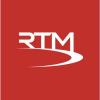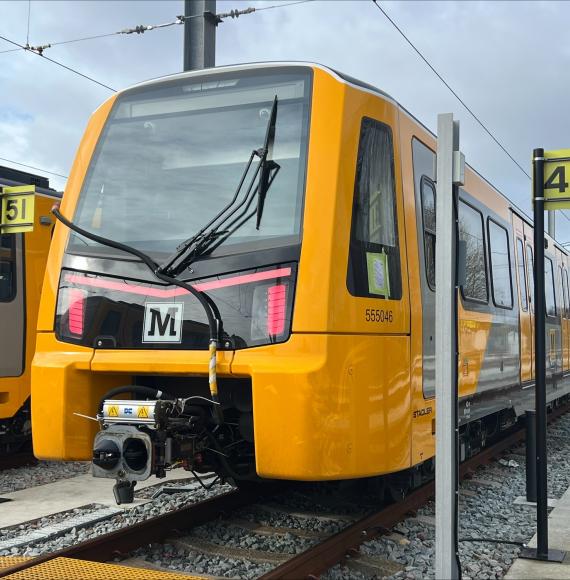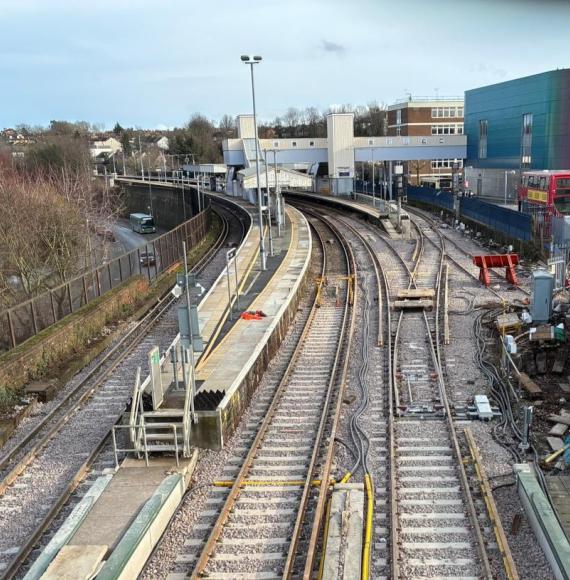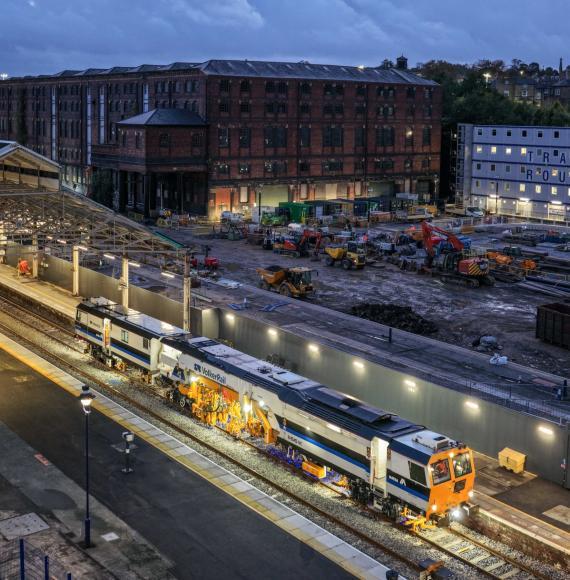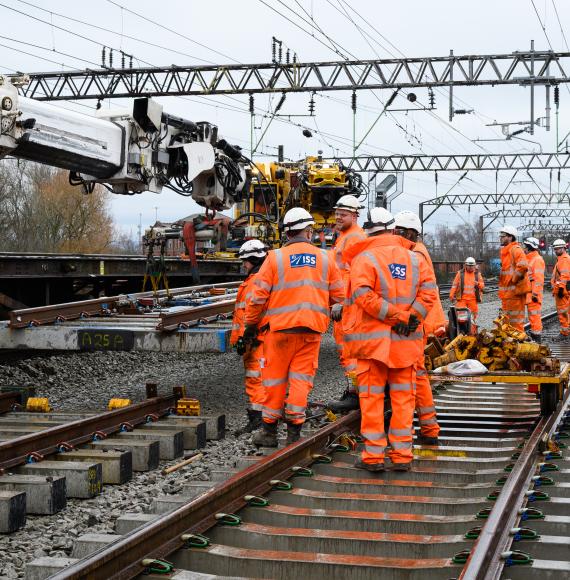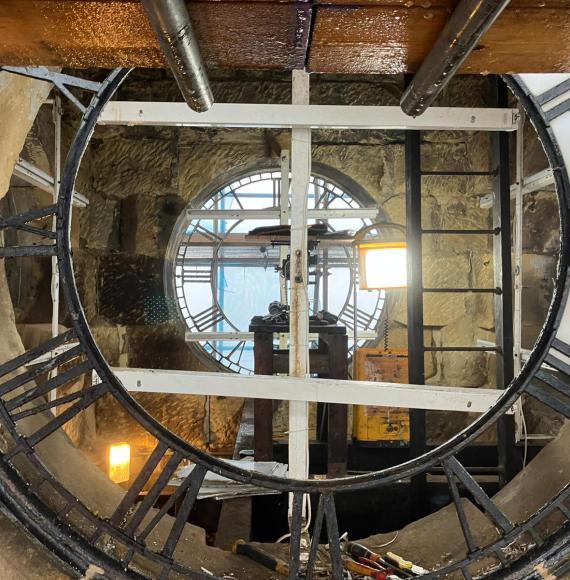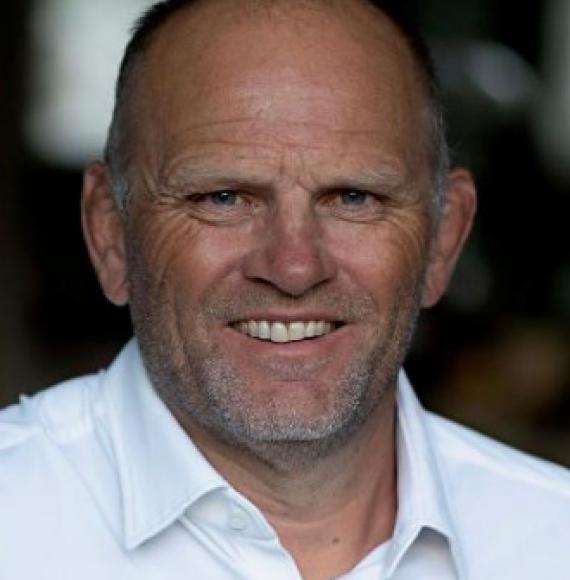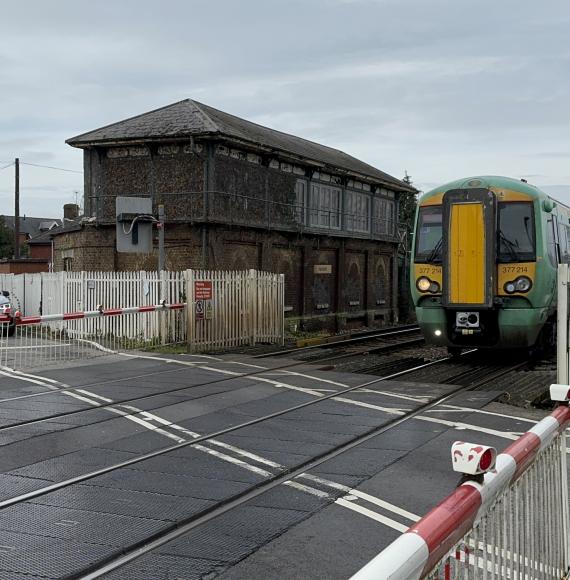The latest meeting of the Rail North Committee painted a picture of a region determined to transform its railways—yet still wrestling with fragmented funding, infrastructure uncertainty and lingering performance challenges.
Chaired with an eye on the growing momentum of rail reform, the session opened with an acknowledgement of positive national fare developments: a forthcoming freeze and the move toward simplified single-leg pricing. These were framed as early steps toward the B-network model that could reshape rail across the North.
Accessibility Takes Centre Stage
Accessibility dominated the early discussion, underpinned by a paper responding to the Secretary of State’s recent letter rejecting devolved control of Access for All funding. While the government praised regional ambition and noted ongoing progress—particularly projects becoming accessible through the Transpennine Route Upgrade (TRU)—it would not consider devolving station-accessibility budgets this spending period.
Committee members voiced clear dissatisfaction. Andy Burnham argued that the government’s stance contradicted its push for transit-oriented development, saying it was “not acceptable” for a centralised process to override local priorities. Members from across the region echoed the frustration, highlighting inconsistent national prioritisation and the painfully slow pace of delivery.
There was firm consensus on demanding structural change: accessibility must be “mainstreamed,” folded into major infrastructure budgets rather than treated as a small, isolated fund. Several leaders argued for the next Railways Bill to enshrine a devolved model, with prioritisation controlled at the combined-authority level. Officers will now strengthen the committee’s submission to the Transport Select Committee to reflect this push.
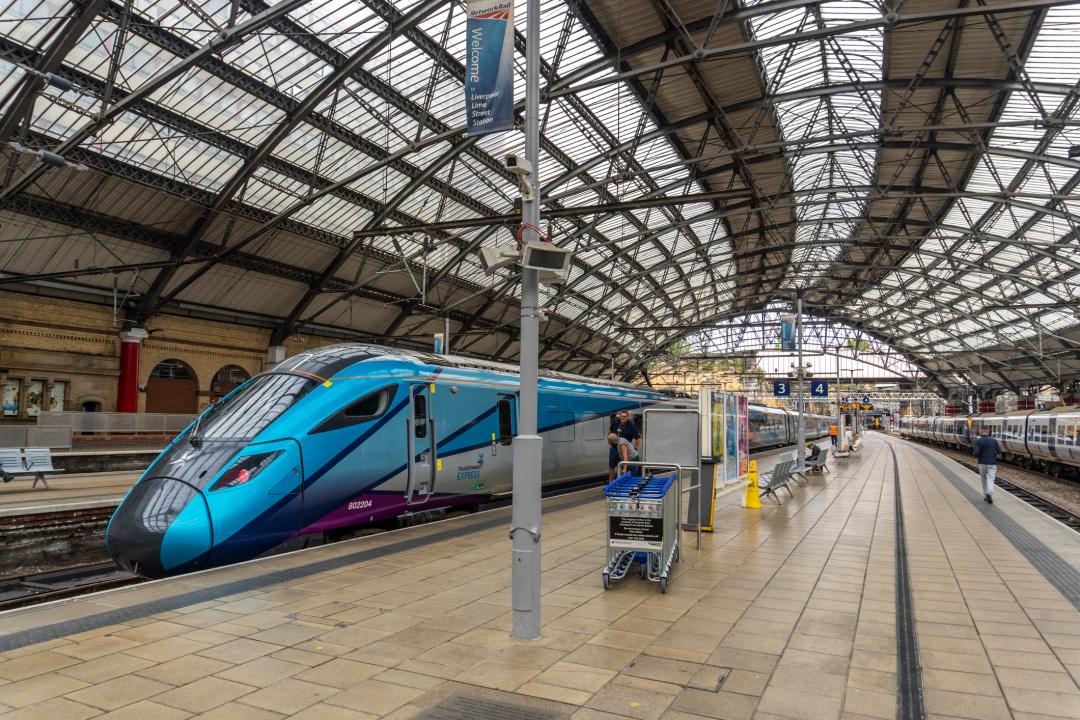
Infrastructure Investment: Progress Meets Uncertainty
A significant portion of the meeting tackled the North’s rapidly shifting infrastructure landscape. With more than £15bn committed across TRU, Manchester upgrades and corridor modernisation, members were told to expect around 400 days of disruption in the next two years—a stark reminder of the scale of work underway.
Yet while progress is welcome, leaders warned the current piecemeal approach risks undermining long-term ambitions such as Northern Powerhouse Rail (NPR), city-centre station remodelling and freight capacity.
Burnham pressed Network Rail on the danger of making short-term decisions—such as adding surface platforms at Manchester Piccadilly—without certainty on long-term NPR plans. Network Rail openly acknowledged the dilemma: major decisions are being made while the “end-state vision” for Northern rail remains undefined.
Committee members were reluctant to endorse prioritisation criteria without clarity on future investment—particularly given unresolved questions around Manchester–Sheffield connectivity, eastern upgrades and freight corridors. Officers will now return with clearer distinctions between uncontentious schemes and those requiring strategic decisions.
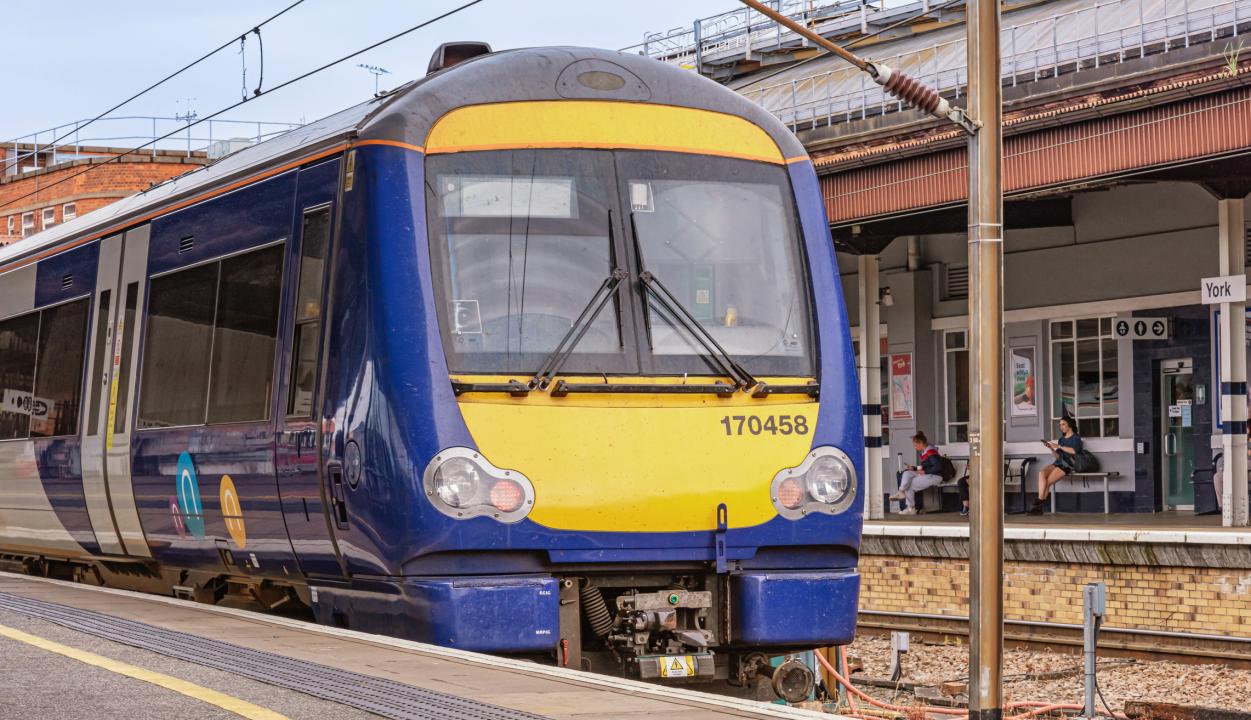
Operators Report Improvements but Highlight Persistent Strains
Northern, TransPennine Express, Avanti West Coast and CrossCountry delivered candid updates on performance. All reported improvements compared with last year—particularly reductions in cancellations—alongside significant investment in new fleets, staff training and customer experience.
Yet several issues continue to bite:
- Rolling stock shortages, particularly on Northern’s busiest routes.
- Sunday reliability gaps, with operators still reliant on volunteers.
- Heavy TRU disruption, suppressing passenger numbers despite demand.
- Persistent punctuality problems on the West Coast Main Line.
- Climate-driven landslip risks, with major engineering responses still in progress.
Committee members highlighted overcrowding, poor reliability on key lines (such as Blackpool–York and Sheffield–Leeds), and inconsistent planning for major events. With stadium openings, city-culture programmes and the Euro 2028 tournament ahead, leaders urged operators to step up integrated planning to avoid reputational damage.
A Region Pushing for Cohesion
The meeting closed with a clear call to Government: the North cannot deliver on its economic potential without an integrated, long-term rail plan. While operators are making visible progress, members insisted that only devolved funding, co-ordinated planning and clarity on future infrastructure can unlock the transformational change the region needs.
The committee next meets in February—by which time members hope rail reform and the Railways Bill will bring greater certainty and faster progress.
Image credit: iStock


